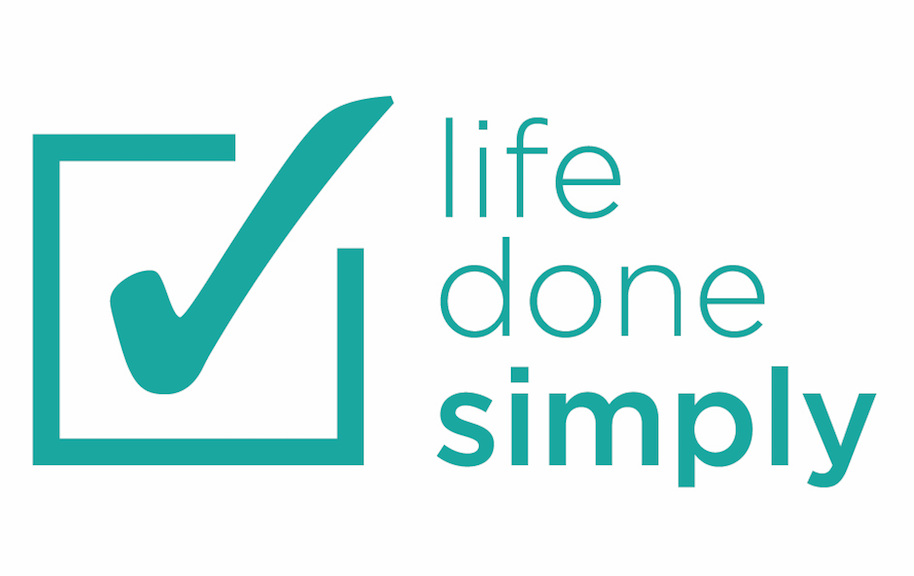The Optimization Blind Spot
/The industrial mindset tells us that if some optimization is good, more must be better.
Squeeze another 2% efficiency from the assembly line. Extract three more emails per hour from your workflow. Stack your calendar so that not a single minute goes unwasted.
But there's a paradox at work: our relentless pursuit of productivity often makes us less effective at the things that actually matter.
The most important breakthroughs rarely come from optimized systems. They emerge from slack in the schedule, from wandering conversations, from the space between the to-dos.
When we optimize for productivity, we optimize for known outcomes. We get better at doing what we already understand. But innovation, insight and meaningful connection require a different approach entirely.
The writer doesn't need to type faster—she needs to think deeper. The manager doesn't need more meetings—she needs the right conversations. The artist doesn't need better time management—he needs space to see differently.
What if we stopped trying to squeeze value from every moment and instead created room for the unexpected?
Sometimes, the wisest optimization is choosing not to optimize at all.

